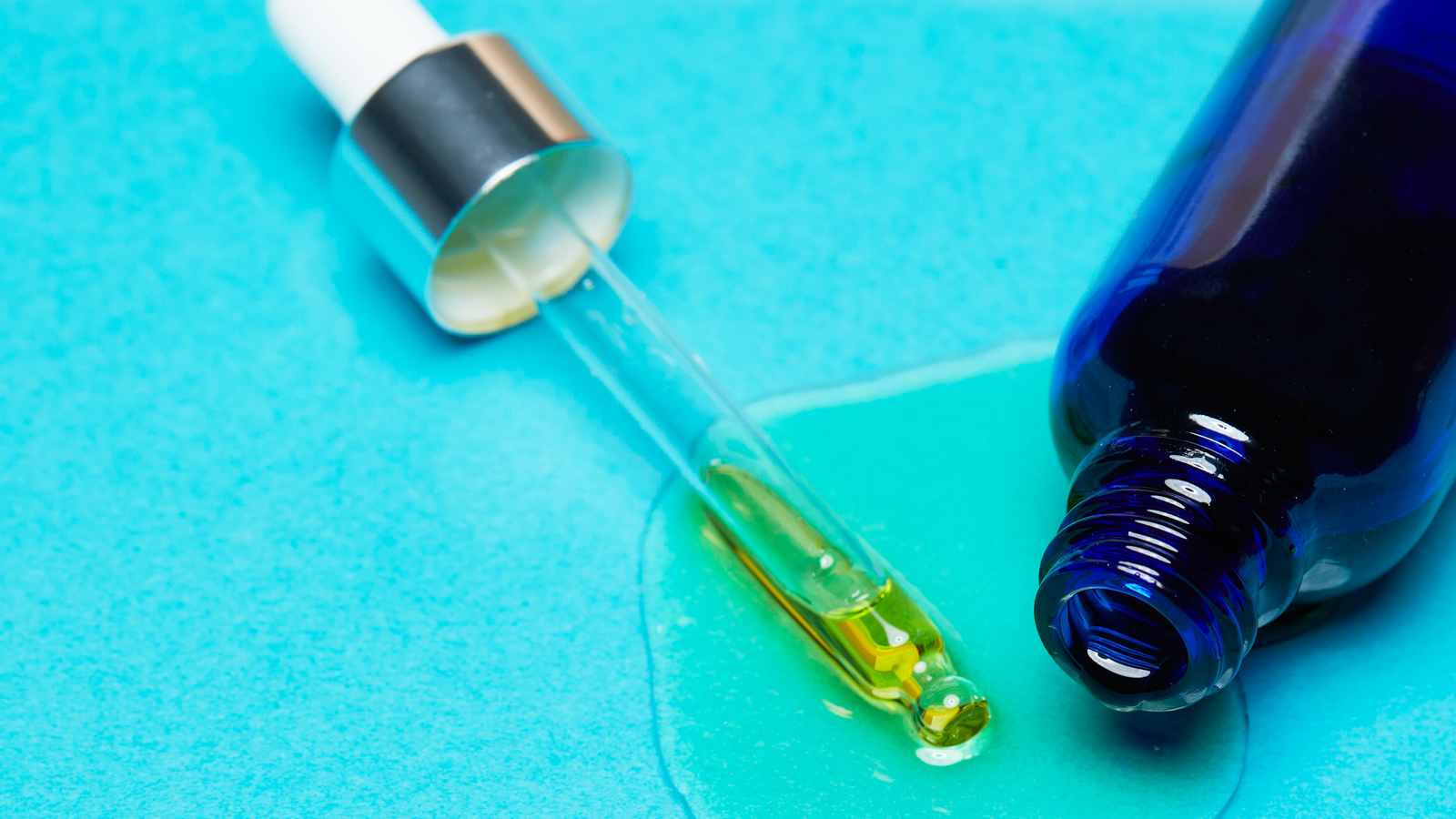Isolate is a term for cannabis extracts that have been refined to be a nearly pure single-cannabinoid product.
How are isolates made?
Cannabis plants contain hundreds of phytochemicals (plant-based chemicals), from cannabinoids like THC and CBD to terpenes to waxes and lipids. When harvested, the plant material is put through an extraction process to remove some or all of these phytochemicals.
The resulting extracts are refined and made into different products like full- or broad-spectrum concentrates. When everything is refined out of the extract except a solitary cannabinoid like CBD, CBG, or THC, what's left is a powdery crystalline substance called isolate.
The extraction method, equipment, and processes used may differ from producer to producer, but a crude plant extract usually goes through four main steps to become isolate.
First, the extract is winterized. Like its name implies, very cold temperatures are used to remove undesirable plant compounds like chlorophyll, waxes, and lipids.
Next, the extract is decarboxylated. This process uses heat to convert the acidic or inactive cannabinoids, like THCA or CBDA, into active forms, like THC or CBD. While acidic cannabinoids may have benefits of their own, the decarbed form is what most people are interested in consuming.
Third, the extract is distilled to further refine it and remove all but the desired cannabinoid. Finally, it is crystallized into its commonly known white powdery form.
Isolate versus full- and broad-spectrum
You may see the isolate alongside or contrasted with full-spectrum or broad-spectrum. These terms refer to what else is in the extract besides the single cannabinoid found in isolate.
Iisolate is a near 100% pure product with a single cannabinoid. Full- and broad-spectrum products, on the other hand, strive to retain other active compounds like terpenes, esters, and flavonoids. The difference between full- and broad-spectrum products is that broad-spectrum products are refined to remove all traces of THC.
As research on cannabis continues, we are coming to understand that many of the phytochemicals in cannabis have beneficial properties of their own that can enhance a person's experience while also offering potential medicinal or therapeutic benefits. Not only that, but there is mounting evidence to support that cannabinoids, terpenes, flavonoids, and perhaps many other active compounds in marijuana and hemp plants may work synergistically to be even more efficacious than they could be in isolation.
This theory, called the entourage effect, was first put forth by Dr. Raphael Mechoulam in 1988 and later detailed by Dr. Ethan Russo who further investigated how the entourage effect might work.
While many consumers seek out full- and broad-spectrum products to enjoy the benefits of other compounds from cannabis, there are benefits to using isolate products.
The benefits of isolates
Some folks want to focus their consumption on a single cannabinoid in order to experience the unique benefits and effects of that specific compound alone. Isolates allow consumers to do that, while also giving product makers a way to create their own unique formulations that are not available from the natural plants. CBD isolate may also work best for consumers concerned about eliminating any chance of ingesting THC.
Cannabinoids in and of themselves are scentless and tasteless compounds, which makes isolates a great choice for people who don't enjoy the smell or flavor of cannabis.
Isolates allow for much more precise and replicable dosing, and they can be especially beneficial to medical patients who need large doses since isolates are quite potent and will require much smaller quantities than flower or a full-spectrum product.
And last, while some patients do prefer products with more phytochemical variety, pure CBD without any THC is legal in all 50 states.

